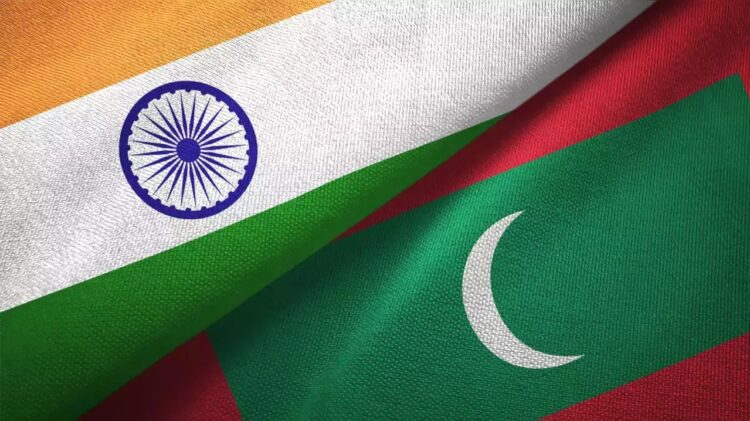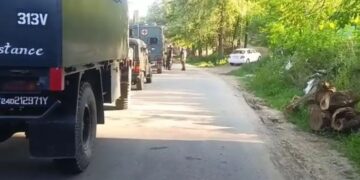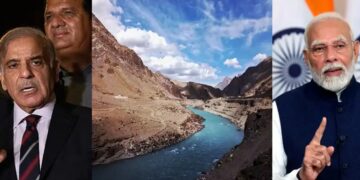In a gesture of gratitude, the Maldives has expressed appreciation to India for extending the quota to import essential commodities during 2024 and 2025, following months of diplomatic tension between the two nations.
Taking to social media platform X (formerly known as Twitter), Maldives’ Minister of Foreign Affairs Moosa Zameer conveyed his thanks on behalf of the island nation. He specifically thanked India’s External Affairs Minister Dr. S Jaishankar and the Government of India for the renewal of the quota, emphasizing the gesture as a symbol of the enduring friendship and commitment to expanding bilateral trade.
In response, Minister Jaishankar reiterated India’s dedication to its ‘Neighbourhood First’ and Security and Growth for All in the Region (SAGAR) policies, underscoring the importance of maritime cooperation in the Indian Ocean region.
The decision to renew the quota, as highlighted by the Indian High Commission on X, was made in response to a request from the Maldives government. This move, facilitated under a special bilateral mechanism, marks the highest approved quantities since the agreement’s inception in 1981.
Aligned with India’s SAGAR policy and ‘Neighbourhood First’ approach, the renewal of the quota is significant amid diplomatic tensions between the two nations. Recent disputes arose following President Mohamed Muizzu’s call for the repatriation of Indian military personnel and subsequent controversies surrounding social media posts by Prime Minister Narendra Modi.
Under the 1981 India-Maldives trade agreement, essential commodities are exported, with bilateral trade between the two countries witnessing substantial growth in recent years. The announcement includes a notable five percent increase in quotas for various commodities crucial for the Maldives, such as eggs, potatoes, onions, sugar, rice, wheat flour, and dal (pulses). Particularly significant is the 25 percent increase in quotas for river sand and stone aggregates, essential for the Maldives’ construction industry, signaling progress and development for the nation.

















Comments